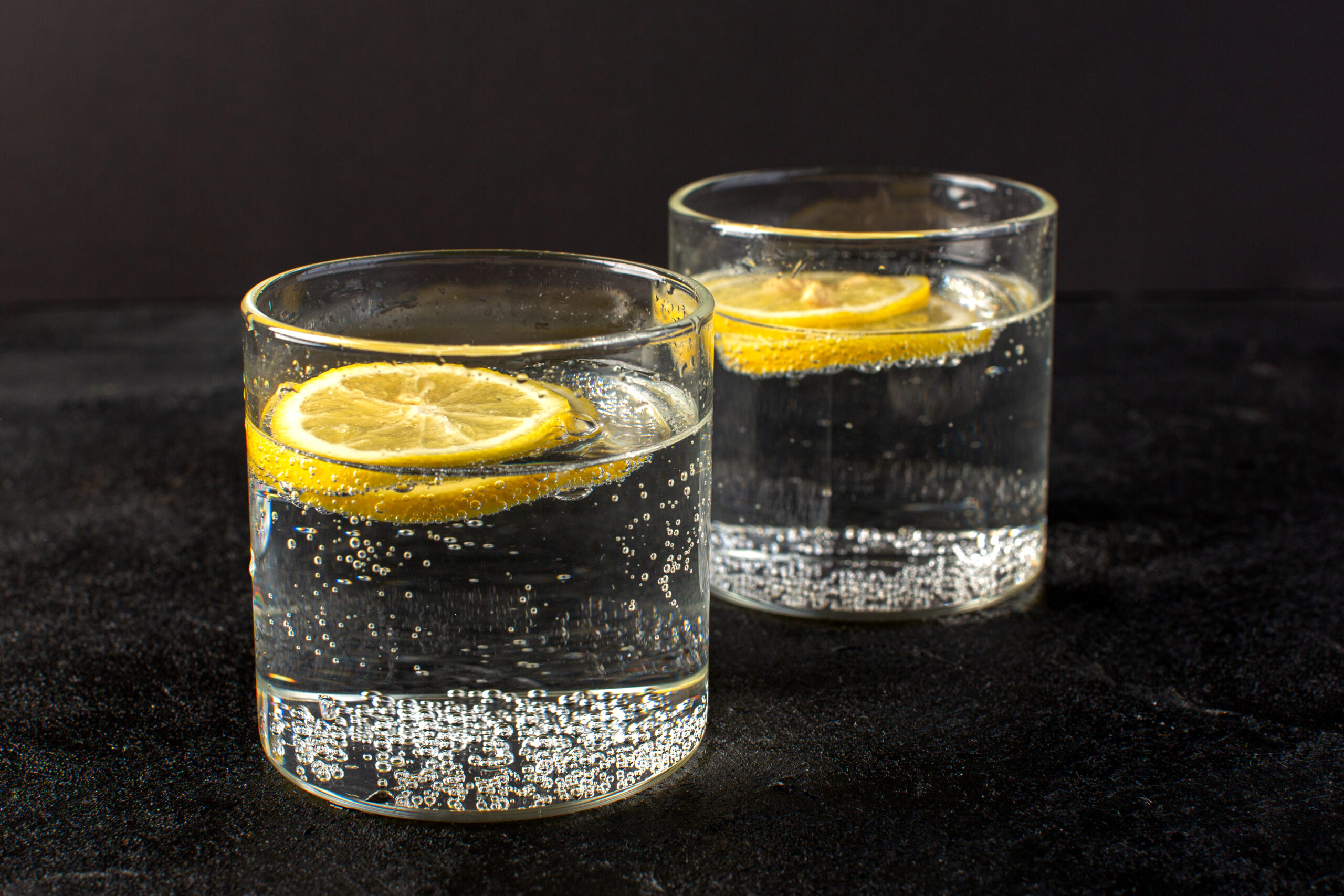
Soda water, also called carbonated or sparkling water, has become quite popular lately. With little to no calories, it’s often considered a healthier choice than regular soft drinks. But as more people turn to it for health reasons, many wonder: Does it actually hydrate, and is it good for you?
In this article, we’ll be taking a look at what science says about soda water and whether it supports overall health.
Soda water is simply water that has been carbonated, meaning it has carbon dioxide gas added to it, which gives it its fizzy, bubbly texture. It’s a general term that can refer to different types of carbonated water, such as seltzer, club soda, or sparkling mineral water.
Sometimes, soda water may also have added flavors, sweeteners, or sugars, depending on the brand. In recipes or cocktails, soda water is mainly used for its bubbles, so seltzer or club soda can be used interchangeably.
Soda water comes with some excellent health benefits. These benefits include:
Carbonation can aid digestion by promoting the release of digestive enzymes. Some individuals find that soda water helps relieve indigestion, bloating, or even mild constipation. A study published in the European Journal of Gastroenterology & Hepatology found that carbonated water significantly improved dyspepsia and constipation symptoms compared to still water. Additionally, carbonation can encourage burping, which may reduce feelings of pressure or fullness after a heavy meal.
Soda water is just as hydrating as still water, making it a good alternative for those who find plain water unappealing. It can encourage increased water intake, especially when trying to cut down on sugary drinks. According to experts cited in Time, seltzer water is a healthy beverage choice and can count towards daily water intake.
Plain soda water contains no sugar, no calories, and no artificial ingredients, making it a healthier choice compared to soft drinks or energy drinks. It can satisfy cravings for fizzy drinks without the negative health effects of excess sugar.
Since it contains no calories or sugar, soda water is ideal for individuals trying to lose weight or maintain a healthy weight. It may also help you feel fuller temporarily, potentially reducing the tendency to overeat.
Some studies suggest that carbonated water can stimulate nerves involved in swallowing, which may benefit people with swallowing difficulties (dysphagia), especially when it’s cold.
Research has indicated that carbonated water may improve bowel movement frequency and reduce symptoms in people with chronic constipation more effectively than still water. The same study mentioned earlier in the European Journal of Gastroenterology & Hepatology supports this finding.
There’s a myth that carbonated drinks can weaken bones, but studies show plain soda water doesn’t negatively affect bone density. The Rancho Bernardo Study found no association between carbonated beverage consumption and bone mineral density among older women.
Besides drinking, soda water is often used in recipes, like making fluffier pancakes or tempura batter, as the bubbles help create a lighter texture.
Soda water is a calorie-free beverage. Since there are no sugars, sweeteners, or calories involved, it’s considered an excellent alternative for those looking to stay hydrated without consuming extra energy.
Opting for soda water over sugary carbonated drinks can significantly reduce your calorie intake. Just like drinking plain water, swapping in club soda or seltzer helps you avoid the unnecessary sugars and additives found in traditional soft drinks. For those watching their weight or aiming to cut back on calories, soda water offers a refreshing, fizzy option that doesn’t compromise health goals.
Even though it’s calorie free and generally safe for use, there are still some potential downsides to sticking to soda water.
There is currently no scientific evidence indicating that carbonated or sparkling water is harmful to your health. Beyond its health-neutral stance, many people enjoy the effervescent, bubbly texture, which can make drinking water more appealing compared to still varieties. Since it contains no calories or sugar, sparkling water can be a smart and satisfying alternative to sugary beverages, helping individuals stay hydrated while still enjoying a refreshing experience.